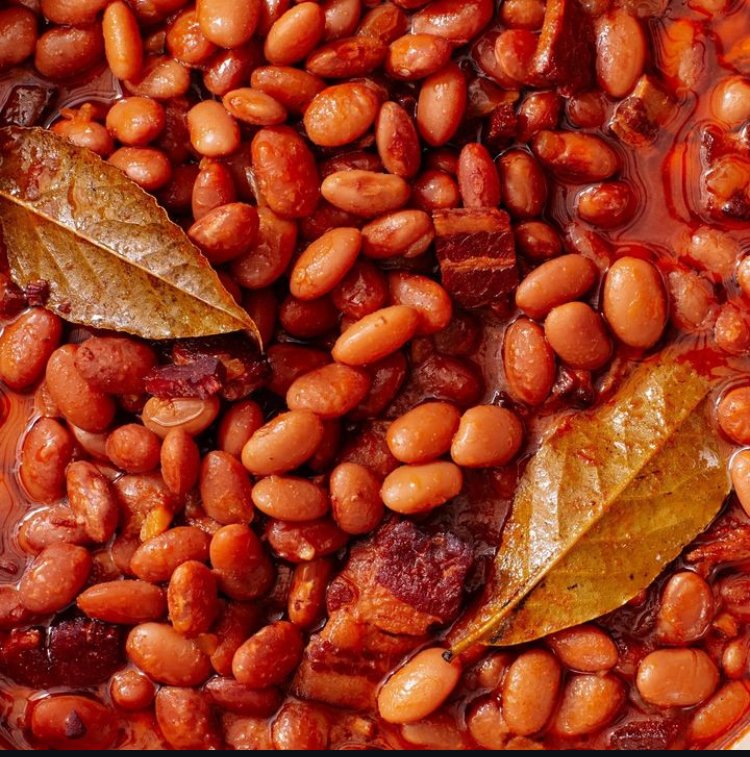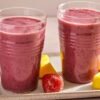Beans have long been celebrated as a top choice for plant-based protein, especially by those following vegetarian, vegan, or low-meat diets. With their affordable price, versatility, and wide availability, beans often become the go-to protein source in plant-focused meals. But are they truly as protein-rich as we imagine? While they do provide protein, it may be less than most people assume. Let’s take a closer look at beans’ nutritional profile and explore why their protein content might not live up to the “high-protein” label they’re often given.

Beans: More Than Just Protein
Beans bring plenty to the table nutritionally. They’re loaded with fiber, complex carbohydrates, and essential vitamins and minerals like iron, magnesium, potassium, and folate, making them a great option for heart health, digestion, and energy. Their naturally low fat content also makes them a wholesome addition to any diet. But when it comes to pure protein, beans may not be quite as strong as they’re often portrayed.
The Protein Reality in Beans
One cup of cooked beans contains roughly 15 grams of protein. While this is a good amount, it’s less than the protein found in animal sources like chicken, beef, or fish, which range between 25 and 30 grams of protein per serving. For perspective, it would take almost two cups of beans to match the protein in a single serving of chicken breast.
Additionally, the protein in beans is “incomplete,” meaning it lacks one or more essential amino acids that our bodies need from food. Animal proteins contain all nine essential amino acids, while most plant proteins—including beans—are missing one or more. For beans, methionine is often the limiting amino acid. However, pairing beans with other plant-based protein sources, like grains (rice or quinoa), can create a complete protein, balancing out the amino acids beans lack.
How Beans Stack Up Against Other Protein Sources
To put things in perspective, here’s a quick look at the protein content of various foods:
• Chicken Breast (3 ounces): ~26 grams of protein
• Eggs (2 large): ~12 grams of protein
• Tofu (1 cup): ~20 grams of protein
• Quinoa (1 cup, cooked): ~8 grams of protein
• Chickpeas (1 cup, cooked): ~15 grams of protein
While beans are comparable to other plant-based sources, they offer less protein compared to animal-based options. This is an important consideration for those relying heavily on beans for protein, as they may need to consume larger portions or pair beans with other protein sources to meet their dietary needs.

The Fiber Factor: Pros and Cons
One of beans’ biggest nutritional benefits is their high fiber content, which aids digestion, regulates blood sugar, and helps with fullness. A single cup of beans can provide up to 15 grams of fiber—nearly half of the recommended daily intake. But this fiber can also limit beans as a protein source. Eating large amounts of beans to meet protein needs can lead to excess fiber intake, which might cause bloating or digestive discomfort for some people.
The high fiber content in beans can also make it hard to eat enough to meet protein needs without feeling overly full. This isn’t as big an issue for those with varied diets, but it’s worth considering for people who rely heavily on plant-based foods for protein.
Are Beans Still a Good Protein Choice?
Beans remain a valuable part of a balanced diet, providing protein along with fiber and essential nutrients. For those cutting back on meat, beans are a useful protein source when combined with other foods to complete their amino acid profile. However, for people with high protein needs (like athletes or those on high-protein diets), beans alone may not provide enough protein without large servings.
Rather than relying only on beans, it may be beneficial to include a variety of protein sources, like lentils, tofu, tempeh, nuts, seeds, and whole grains, for a balanced and protein-rich plant-based diet.
The Takeaway: More Than Just Protein
While beans might not be the pure protein source they’re often assumed to be, they’re still an incredibly nutritious food with numerous health benefits. They provide fiber, complex carbs, and important nutrients that support overall health. The real value of beans lies in their versatility and balanced role within a varied diet.
So, next time you reach for beans, appreciate them for the fiber, vitamins, and minerals they offer—not just their protein.

